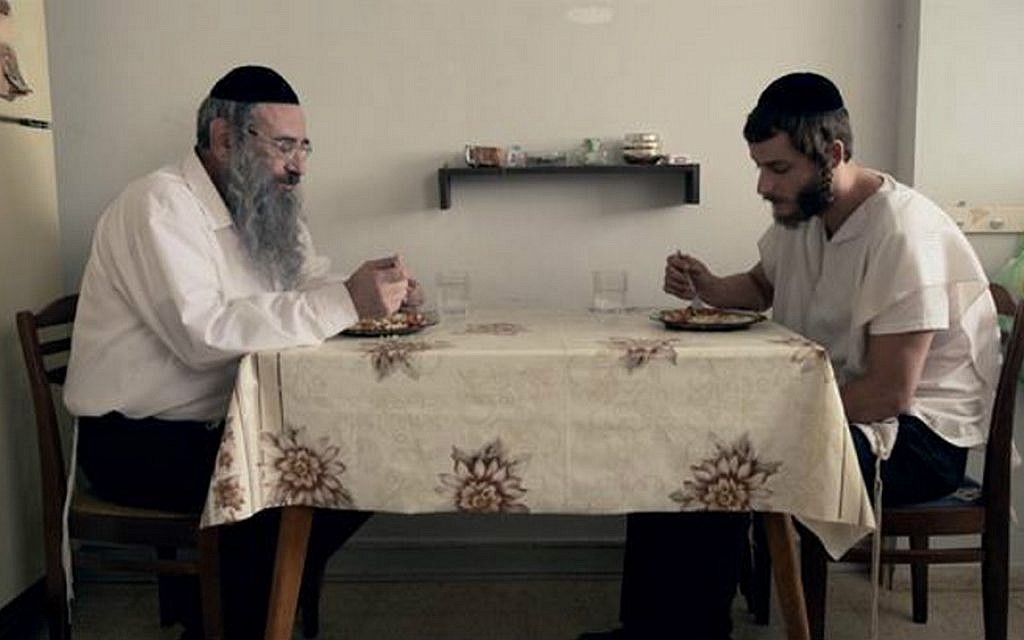It's election time, take 2. For those who have joined us late, here's a TL;DR of the situation:
 |
| Aaaaaaaaaaaahhhhhhhh! |
Ok, here's a little more detail:
Israel had elections on 9 April 2019. Even though the "right wing" bloc had comfortably enough seats to form a government, Avigdor Liberman (Yisrael Beitenu) decided that he would not sit in any government with the Haredi parties. His 5 seats were required for a majority, so Likud's Binyamin Netanyahu could not form a coalition without involving parties to his left, and none of those parties were interested. So rather than allowing Benny Gantz of Kachol Lavan (Blue & White) to have a chance at forming a coalition, Netanyahu had the 21st Knesset dissolve itself, and new elections were called for 17 September.
Netanyahu was hoping that the outcome of the next election will make it easier for him to form a coalition. So, how's that working out so far? As it turns out, very well for Liberman, not so well for Netanyahu. As always, Israel is obsessed with polls, of which several get published every week. For the purposes of this discussion, I'll work with the poll showing the most optimistic numbers from Netanyahu's perspective, which I lifted off the
Yisrael Hayom website:
 |
| Credit: Yisrael Hayom |
|
|
This Channel 12 poll from 3 August shows Netanyahu with a total of 57 seats, if you exclude Yisrael Beitenu. And as I said, that's the most optimistic one for him. If the polls are accurate, Netanyahu still has no path to a right-wing coalition, unless Liberman suddenly decides that he's willing to climb down from his anti-Haredi tree. And why should he, seeing as his hardline stand seems to have literally doubled his support? No, Liberman has found what he thinks is a winning formula, and he will stick with it.
What about Gantz? Could he form a centre/left coalition? Here the answer is an even clearer No. His problem is the hate map among his prospective partners. It's like this: The Democratic Camp (heir to Meretz) won't sit with the Haredim. Nor will Liberman. And if there's anyone Liberman hates more than the Haredim, it's the Arabs. And even if he could be persuaded to sit with the Arabs, the United Arab List is too stuck in their anti-Zionist rejectionism, and under their current leadership, will not join
any Israeli government. Gantz's optimal non-conflicting coalition is B&W, Labour, Shas, and UTJ, for a grand total of 50 seats. It's not happening for him.
So, back to Netanyahu - how else could he form a coalition? Well, logically speaking, if he can't do it with parties to his right, then he'll have to turn to his left. He has two realistic options here: B&W and Labour. Each has its advantages and disadvantages.
B&W is closer to Likud politically than Labour. A Likud/B&W coalition could potentially form a government without involving any smaller parties. If they need to bring in anyone else, Ayelet Shaked
would be the obvious choice. Not Liberman, because I suspect Netanyahu would want to punish him for getting us all into the mess in the first place. Plus, he's shown himself to be an unreliable coalition partner in the past.
The biggest problem with B&W is that they will come with a big asking price, most likely a rotation deal for Prime Minister. And Netanyahu most certainly does not want to give up his job. That will be a deal breaker, in my opinion.
Labour, on the other hand, has embarrassingly little bargaining power, and cannot come with huge demands. If they ask too much, they will get nothing. I can easily see a situation where Netanyahu offers Amir Peretz some obscure post like the Welfare Ministry, and maybe something else peripheral like
Agriculture for one of his cronies, in order to sit in the government. Peretz has two choices: a nice ministerial salary to see him comfortably into his retirement, or the glorious distinction of being the leader of the smallest faction in the Opposition. Whichever path he chooses, Labour will kick him out as leader before the next election (as appears to be their custom), so he really has nothing to lose. He'll come up with some rationalization about why he's joining a right-wing/Haredi government, and jump on the gravy train, as befits a good socialist. And that is Netanyahu's path to 61.
Now, you might think we're done here. But this is just where the fun
begins. It's time to play
Rational Pirates! BUWAHAHAHAHAAA!
 |
| Arrr! Shiver me timbers! |
Of course, I'm referring to the famous
Pirate Game, and if you don't know what that is, you should visit the link. I'm casting Netanyahu and Gantz as the Rational Pirates in our story.
Netanyahu knows he has a path to 61, as described above. But it has its problems. He needs five parties, including his own Likud, in his coalition, they all have their agendas pulling in different directions, and any one of the other four could bring down the government at the drop of a hat. Make that
five other parties, since Yamina is just a technical bloc, and once they're in the Knesset they can function independently as the New Right and Bayit Yehudi. Running a government that is constantly beholden to the demands of five other coalition partners will not be easy. Wouldn't it be nice if he could just have one big partner--Blue & White--and not have to bother with those pesky little
nudnik parties? If necessary, he could just pull in one other small party, maybe New Right, maybe Bayit Yehudi, to make his 61.
But
Gantz wants a rotating Prime Minister position! "Well," Netanyahu can tell him, "I don't
need you to form a government. I already have my path to 61, with Labour. But I'd
prefer to work with you. We're not that far apart on most issues of substance, and together we can make a coalition that is not beholden to the whims of smaller parties, for the greater good of Israel! Rotating premiership is off the table, but you can have the Defense Ministry and even the Foreign Ministry. Of course, if you'd
prefer to be the Leader of the Opposition instead for the next four or five years, that's fine...but
chaval al hazman..."
Now Gantz has a quandary. He's made a lot of pronouncements about refusing to join a coalition with Netanyahu. But this really
is a great opportunity to form the government that Middle Israel desperately wants. Free from the political demands of the Left and Right fringes; unencumbered by the budgetary needs of the Haredim. How will history remember him? As yet another Opposition leader who never made any impact? Or as the hero who put aside his personal differences with his political opponents, for the greater good?
Gantz nods sagely, then extends his hand to Netanyahu. "You've got a deal," he says. And this is how a coalition is formed between Blue & White, and maybe one other small party.
Alternative scenario: Zehut and Otzma Yehudit pass the threshold
All the above assumes that the smaller ring-wing parties, Zehut and Otzma Yehudit, fail to pass the 3.25% voting threshold. But what if they do? They immediately arrive on the scene with 4 seats each. Those 8 seats will come more or less proportionately off the rest of the parties. Let's say everyone else on that poll loses 1 seat, other than the Arab List (just for argument's sake). Now Netanyahu technically has a path to 61 with just right-wing parties: 29 Likud, 11 Yemina, 6 Shas, 7 UTJ, 4 Zehut, 4 Otzma. But it doesn't really change much from our previous scenario, where Labour filled in the gap; in fact, the optics of forming a coalition with the Kahanists are so bad that Netanyahu would arguably
prefer to have Labour in the coalition rather than Otzma. Plus, he
hates Moshe Feiglin of Zehut. So it's back to the Rational Pirates game, with pretty much the same inputs as before.
So it seems all roads lead to the same outcome:
a Likud/Blue & White coalition, with Netanyahu as Prime Minister.
Of course, anything could happen in the next month, and the seat distribution could be wildly different from current polling. We'll take a look at that after 17 September. See you then!
 |
| Credit: Jpost |

































